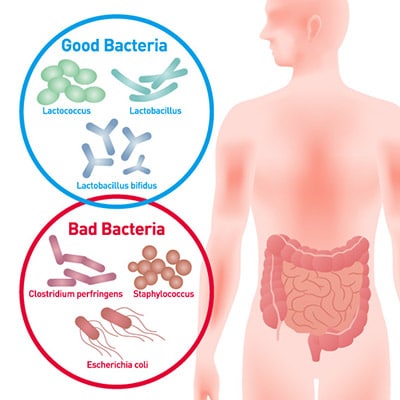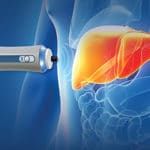 We have trillions of bacteria that live in our digestive tracts and while many of these bacteria are healthy, others can wreak havoc on our digestive systems and cause uncomfortable symptoms.
We have trillions of bacteria that live in our digestive tracts and while many of these bacteria are healthy, others can wreak havoc on our digestive systems and cause uncomfortable symptoms.
Over the last decade or so, many people have turned to probiotics (aka “good” bacteria and yeast) to help promote gastrointestinal health and keep the “bad” bacteria at bay. A balance between good and bad bacteria can help alleviate some medical symptoms and illnesses, including irritable bowel syndrome, diarrhea and ulcerative colitis.
In 2001, the World Health Organization defined probiotics as “live microorganisms which, when administered in adequate amounts, confer a health benefit on the host.” Probiotics can be found naturally in yogurt, kefir, sauerkraut, kimchi, pickles, some raw cheeses, buttermilk, miso soup, tempeh and kombucha, as well as in other products and dietary supplements.
The good bacteria in probiotics can help stimulate the immune system by secreting chemicals that break down toxins produced by the bad bacteria. Other benefits include helping stop the byproducts of bad bacteria from leaving the gastrointestinal tract, boosting the number of infection-fighting cells and alleviating pain.
Numerous studies have shown that probiotics have been used safely for more than 100 years. However, since they are not scientifically tested or approved by the U.S. Food and Drug Administration, you should first consult with your primary care doctor or Northeast Digestive Health provider before taking probiotic supplements, especially if you have a chronic gastrointestinal condition.
Your gastroenterologist can help determine which supplements are appropriate for your specific symptoms and diagnosed condition. For example, a probiotic supplement that is known to help alleviate irritable bowel syndrome symptoms might be different from a supplement used to reduce ulcerative colitis symptoms.
The board-certified gastroenterologists at Northeast Digestive Health Center can diagnose and treat a variety of digestive conditions and related diseases. If you’re experiencing symptoms or have concerns or questions about your digestive health, contact us today.
Sources & Resources
- American College of Gastroenterology: Probiotics for the Treatment of Adult Gastrointestinal Disorders
- Harvard Medical School article on Health Benefits of Taking Probiotics
- The Right Probiotics for Your Stomach Problems and More
- Use of Probiotics in Managing Gastrointestinal Symptoms
- Basic information and research news about probiotics



